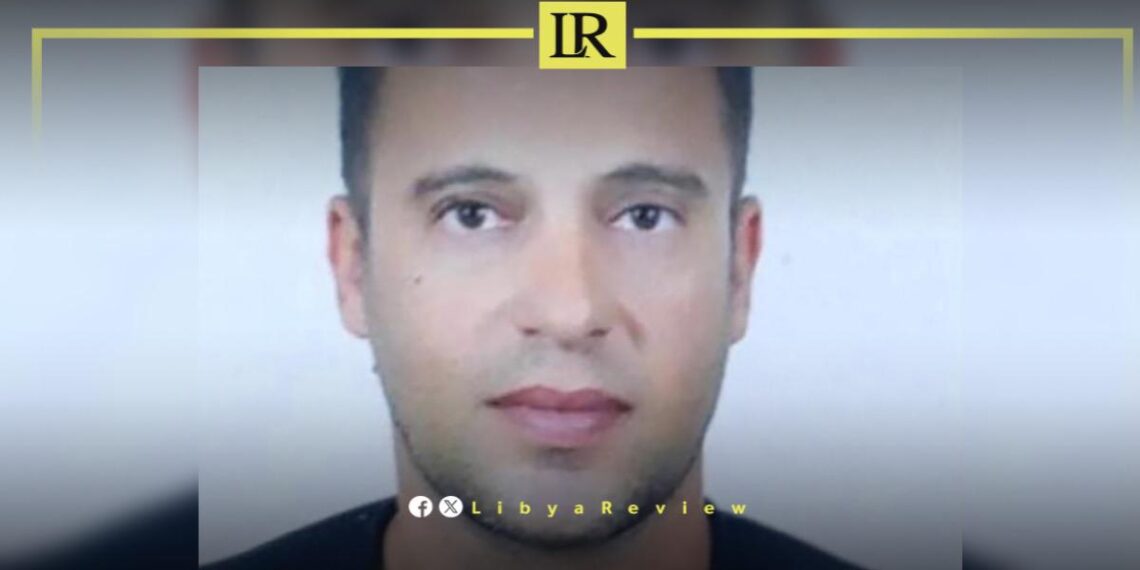A Maltese man, Jesmond Mary Vella, known as Il-Bulgaru, has been sentenced to 10 years in prison for cannabis possession. This case, which dates back to 2008, saw its final judgment delivered after a complex and lengthy legal saga involving his arrest in Libya.
Vella was initially under police surveillance in Malta in 2008 due to suspicions of involvement in illicit drug activities. Authorities observed that he frequently visited a garage in Triq in-Naġġar, Mosta. Although initial searches of the property and two cars yielded no results, a Bedford truck parked outside revealed a significant discovery.
Hidden in a bucket-like container under a loaf of stale bread, police found 20 blocks of cannabis resin, weighing approximately 4.8 kg. The substance, with an 8.2% purity, was valued at €30,943.
During the trial, Vella’s former employer, the owner of the truck, testified that the vehicle often accumulated various items of trash due to its open flatbed. Despite being the registered owner, he stated that Vella primarily used the truck because he found it cumbersome. The truck had been parked outside the garage for about a month due to mechanical issues and expired licensing at the time of the drug discovery.
In 2021, Vella was arrested in Libya and arraigned in Tripoli over alleged involvement in organized crime, including drug and human trafficking. This arrest in Libya delayed the final judgment in his Maltese case.
Vella’s trial concluded in December 2023 when a jury found him guilty of aggravated cannabis possession by a six-to-three vote. Madam Justice Consuelo Scerri Herrera subsequently sentenced Vella to a 10-year prison term and imposed a €20,000 fine. Additionally, Vella was ordered to pay €1,820.11 in court expenses. Throughout this period, Vella remained in preventive custody.
Vella’s case underscores the complexities of international law enforcement and the challenges of handling legal proceedings across different jurisdictions. His arrest and trial in Libya highlight the country’s ongoing struggles with legal and political instability. Libya has been in turmoil since the 2011 NATO-backed uprising that led to the ousting of longtime leader Muammar Gaddafi. The country remains divided, with rival administrations in the east and west, each supported by various militias and foreign governments. This instability has facilitated the growth of organized crime, including drug and human trafficking networks, which have significant regional implications.
International efforts, including those by the United Nations, aim to stabilize Libya and rebuild its institutions. However, the pervasive influence of militias and ongoing conflict continues to pose significant challenges.


